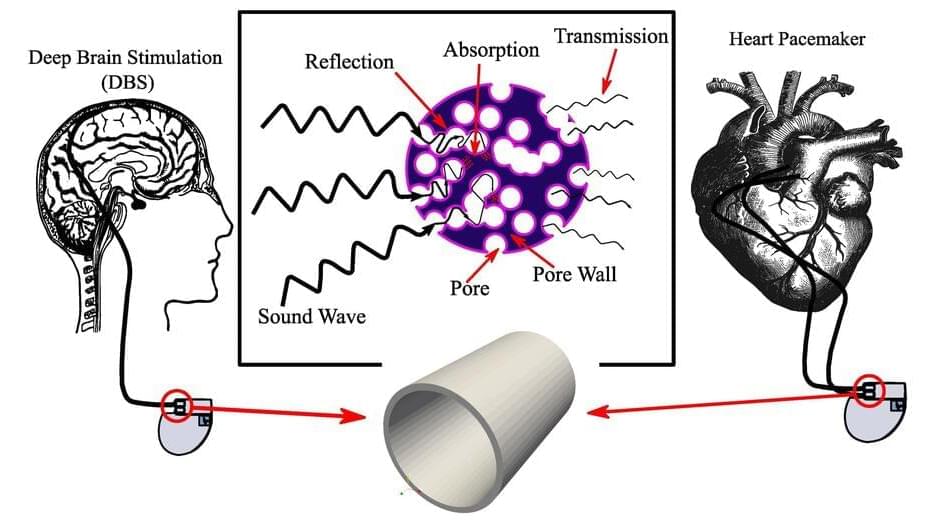Two years ago, a medical professional approached scientists at the University of Tabriz in Iran with an interesting problem: Patients were having headaches after pacemaker implants. Working together to investigate, they began to wonder if the underlying issue is the materials used in the pacemakers.
“Managing external noise that affects patients is crucial,” author Baraa Chasib Mezher said. “For example, a person with a brain pacemaker may experience interference from external electrical fields from phones or the sounds of cars, as well as various electromagnetic forces present in daily life. It is essential to develop novel biomaterials for the outlet gate of brain pacemakers that can effectively handle electrical signals.”
In an article published this week in AIP Advances, Mezher, who is an Iraqi doctoral student studying in Iran, and her colleagues at the Nanostructured and Novel Materials Laboratory at the University of Tabriz created organic materials for brain and heart pacemakers, which rely on uninterrupted signal delivery to be effective.
